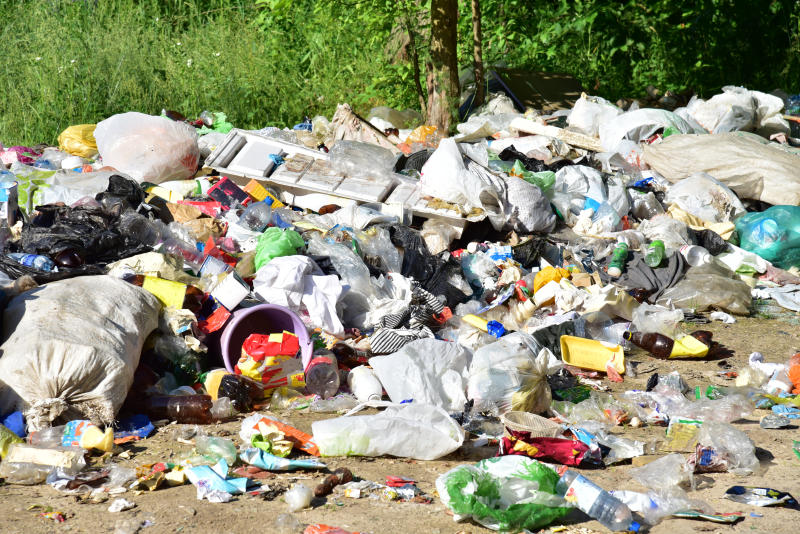Large number of accumulated plastic waste. [Courtesy]

Large number of accumulated plastic waste. [Courtesy]
Plastics are very durable, corrosion-resistant, non-abrasive and inert, so they are less affected by wind, water, etc. As a result, their use has grown exponentially. When they were first used, however, environmentalists were happy that the wood used for furniture, the cardboard / paper used for packing, etc. (which had to be sacrificed to obtain trees) would survive. It was supposed to protect the environment but because plastics have been left unattended in the environment for thousands of years and do not rot, they are becoming a major cause of environmental pollution today.